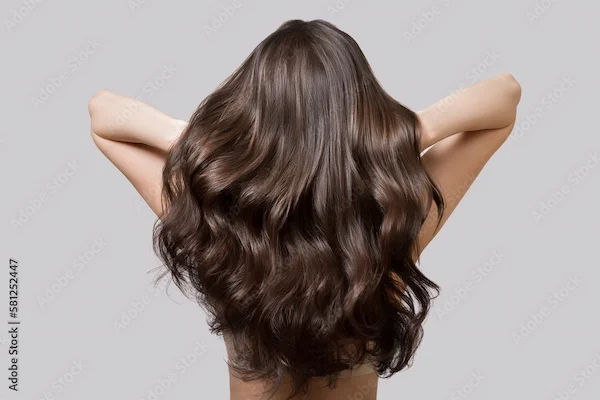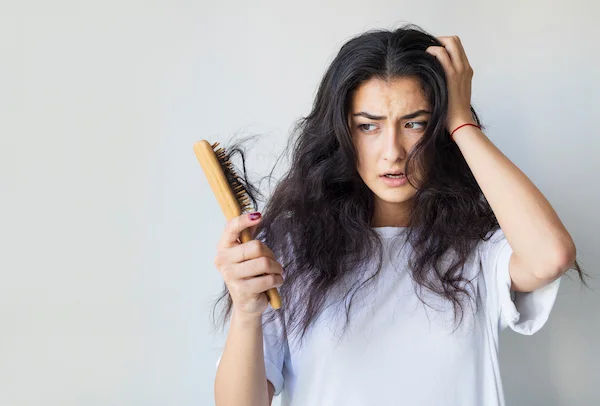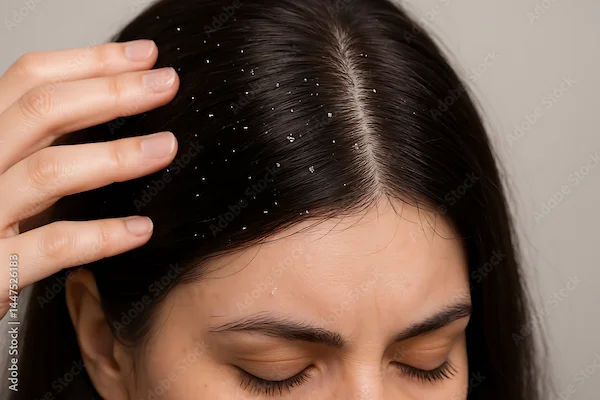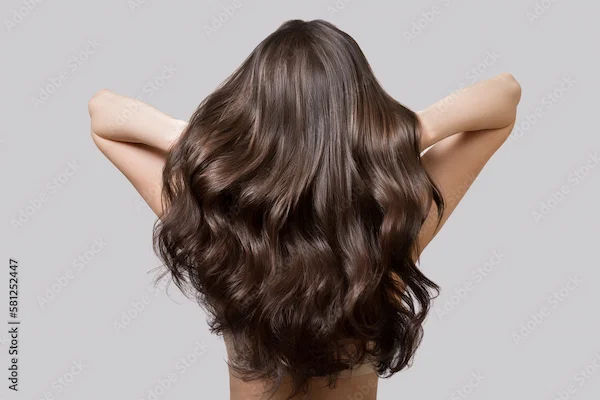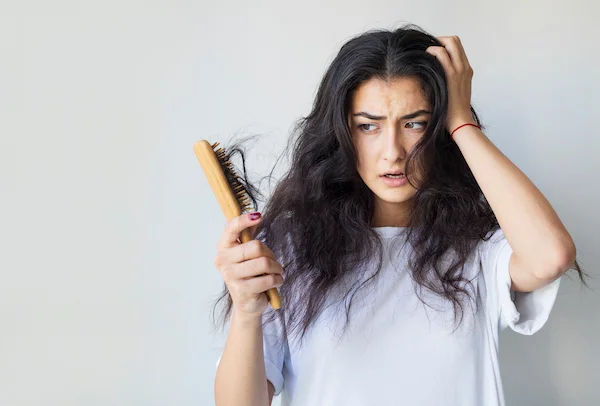Hair Care Tips for Monsoon Hair Fall
Struggling with hair fall this monsoon? Get expert hair care tips, home remedies, and essential advice to prevent hair fall and keep your hair healthy and strong.

Written by Dr. Shaik Abdul Kalam
Reviewed by Dr. Vasanthasree Nair MBBS
Last updated on 13th Aug, 2025

Introduction
The monsoon season brings relief from the scorching heat, but it also brings a common problem—hair fall. The increased humidity, dampness, and fungal infections can weaken your hair, making it prone to breakage and excessive shedding. If you’ve noticed more hair in your comb or shower drain during the rainy season, don’t worry—you’re not alone!
In this article, we’ll discuss why monsoon hair fall happens, how to prevent and manage it, and simple hair care tips to keep your locks healthy and strong.
Why Does Hair Fall Increase in Monsoon?
Several factors contribute to hair fall during the rainy season:
1. High Humidity – Excess moisture weakens hair roots, making them brittle.
2. Fungal Infections – Dampness promotes fungal growth on the scalp, leading to dandruff and hair fall.
3. Pollution & Dust – Rainwater mixes with pollutants, which settle on the scalp and clog hair follicles.
4. Hair Tangling – Wet hair is more prone to tangling, leading to breakage when combed.
5. Lack of Sunlight – Reduced vitamin D absorption (due to less sunlight) can affect hair health.
Monsoon Hair Care Tips to Prevent Hair Fall
Monsoon hair care tips:
1. Keep Your Scalp Clean & Dry
Wash your hair 2-3 times a week with a mild, sulfate-free shampoo to remove dirt and excess oil.
Avoid leaving your hair wet for long—dry it gently with a microfiber towel or a cool hair dryer.
If you get drenched in rain, wash your hair immediately to prevent fungal infections.
2. Use a Good Conditioner
Monsoon humidity can make hair frizzy and unmanageable. Use a lightweight conditioner to keep it smooth.
Avoid applying conditioner on the scalp—focus only on the midlengths and ends.
3. Oil Your Hair Regularly
Warm coconut oil, almond oil, or rosemary oil helps strengthen hair roots.
Massage your scalp gently for 5-10 minutes before washing to improve blood circulation.
Health topic carousel:
Doctor's speciality: Dermatology
Text: Consult a Dermatologist for the best advice
4. Avoid Tight Hairstyles
Tight ponytails or braids can pull on weak hair, increasing breakage.
Opt for loose hairstyles or leave your hair open to reduce tension.
5. Eat a Balanced Diet
Include protein-rich foods (eggs, lentils, nuts) and vitamins (leafy greens, citrus fruits) to promote hair growth.
Stay hydrated—drink plenty of water to keep your scalp healthy.
6. Protect Hair from Rainwater
If you step out in the rain, cover your hair with a scarf or umbrella.
Rainwater may contain pollutants that damage hair—always rinse your hair after exposure.
7. Trim Split Ends
Regular trims (every 6-8 weeks) prevent split ends from traveling up the hair shaft, reducing breakage.
8. Avoid Excessive Heat Styling
Blowdrying, straightening, or curling weakens hair further. Let your hair air dry naturally when possible.
When to See a Doctor?
If your hair fall is severe, persistent, or accompanied by itching, redness, or bald patches, it could indicate an underlying issue like:
Fungal infection (ringworm)
Hormonal imbalance (thyroid, PCOS)
Nutrient deficiencies (iron, vitamin D, B12)
In such cases, consult a dermatologist or trichologist for proper diagnosis and treatment.
Final Thoughts
Monsoon hair fall is common but manageable with the right care. By keeping your scalp clean, nourished, and protected, you can minimize damage and maintain healthy hair. Remember, gentle handling, a good diet, and avoiding excess moisture are key to preventing excessive shedding.
If you’re struggling with persistent hair fall, Apollo 24|7 offers expert dermatologist consultations to help you find the best solution.
Stay patient, follow these tips, and let your hair thrive even in the rainy season!
Health topic carousel:
Doctor's speciality: Dermatology
Text: Consult a Dermatologist
